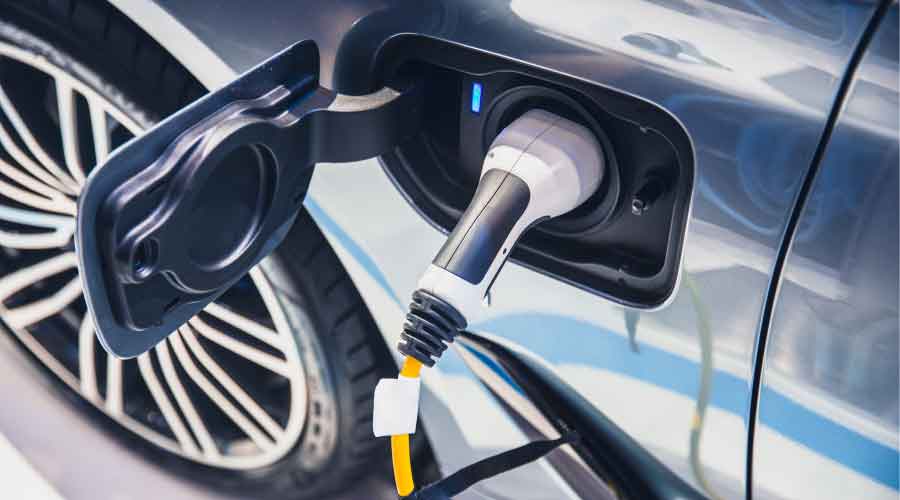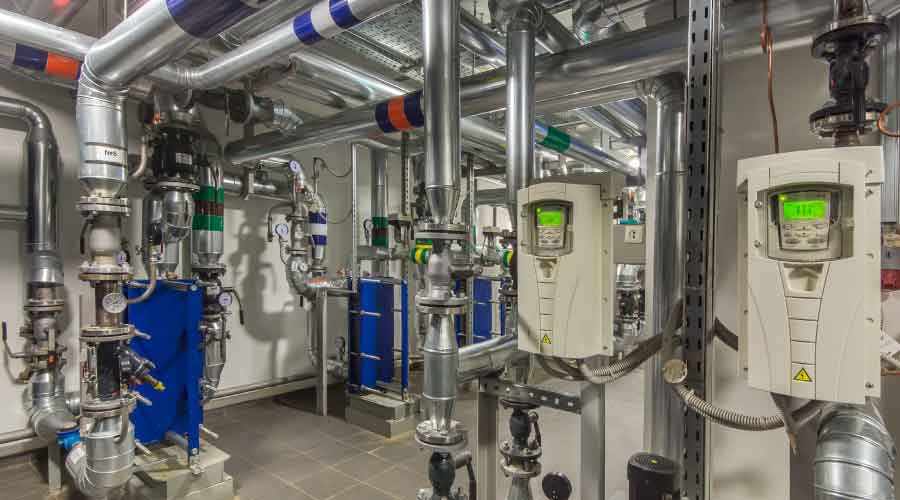
Enthusiasm over Electric Vehicle Fleets isn't Universal
As facilities continue to make the moves, not all states, politicians on board. February 6, 2023
By Dave Lubach, Managing Editor
Plenty of momentum exists in the institutional and commercial facility world to transition vehicle fleets from gasoline-powered machines to electric.
We have written extensively about the topic during the past year plus, looking at the impact of establishing infrastructure for charging stations, the costs involved to convert fleets to electric utility vehicles, the growing presence of electric mowers and other grounds equipment and the environmental benefits.
But sometimes, we’re reminded that we as a society are not “all-in” on the benefits of electric equipment.
Some are wary of the cost of the transition. Other grounds managers are skeptical of electric vehicle (EV) options being capable of performing at the same output, and for the same amount of time, as their gasoline counterparts.
Other times, I wonder, like most things in our country today, if it’s merely a Red vs. Blue state issue?
I was reminded of this recently when I read an article titled “Why Wyoming won’t build Biden’s EV chargers” on the E&E News website.
The article mentions reasons why the state is skeptical. As of the article’s publication, federal data indicates only 500 state residents own electric vehicles. In a heavily rural state, winters are often extremely harsh, and there is a question of electric charging stations on interstates holding up to the conditions. To the state’s credit, it’s also laid out alternative options for implementing infrastructure to accommodate electric vehicles.
There’s also this article nugget: “Wyoming’s elected officials are some of the most stalwart EV opponents in Washington D.C.” Two of their politicians co-sponsored a 2021 bill that tried (and failed to succeed) in an effort to end the federal government’s consumer EV tax credits.
It’s a good time to remember that the Biden Administration’s 2021 bipartisan infrastructure law provides money to the states for EV programs. The program provides nearly $5 billion to states over the next five years to create a network of EV charging stations. States need to submit a deployment plan before they can access the funding or lose it.
Wyoming was schedule to receive less than $4 million of the $615 million allocated for 2022. A small piece of the pie compared to more populous states like Texas ($60.4 million) and California ($56.7 million).
Depending on political lean and the type of industries doing businesses in the state and keeping people employed, some states will embrace the EV transition more enthusiastically than others.
No matter whether you support EVs or not, it’s clear that that we won’t reach a definitive solution anytime soon.
Dave Lubach is managing editor of the Facilities Market.
Next
Read next on FacilitiesNet












